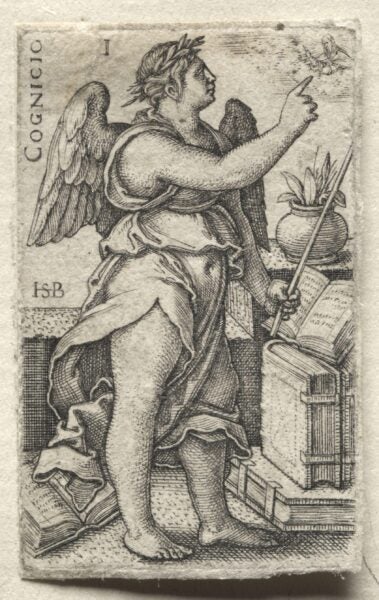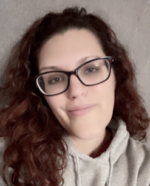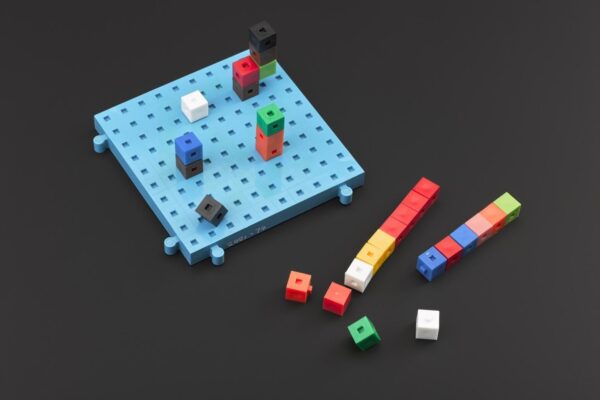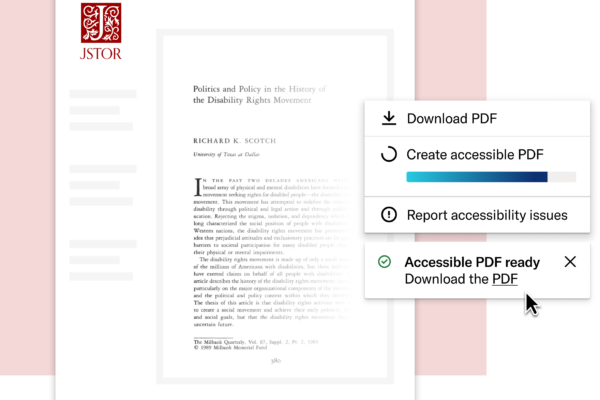
Editor’s Note:
What do you believe education teaches?
Do you believe it is merely knowledge acquisition? The means to foundational understanding in subjects like math, science, literature, and history. To create a shared base of knowledge across a group, space, or culture.
Or maybe you see education as the means to developing social skills; I still hear Ms. Sandy, my pre-school teacher’s crisp northern swing: “Sharing is caring, girls!” as we had impromptu tug-of-wars over Rainbow Bright and all of her friends. It promotes interaction with peers and teachers, helping develop communication, collaboration, and conflict resolution skills.
Other ways to see education are as a means of Critical Thinking, which encourages students to analyze, evaluate, and synthesize information, fostering problem-solving abilities, and as Civic Responsibility, which instills an understanding of rights and responsibilities as citizens, encouraging participation in community and democratic processes.
Maybe it’s a matter of Adaptability. Education under this line of thought prepares students to adapt to new information and changing environments, which is crucial in our rapidly evolving world.
Some would argue that education teaches Creativity. It encourages innovation and creative thinking, allowing individuals to express themselves and develop new ideas.
Many, including me, would lean into the love for learning and the value of continual education throughout life that can result in a lifestyle termed Lifelong Learning.
Maybe how we answer this question should be all of the above.
In this post, we meet Juan Portieles and Brian Newman. They answer this question in a drastically different yet all-encompassing way. Juan tells us education has taught him to be more optimistic and kinder. Brain says education is freedom, then challenges each and every one of us to “…live every second of your life with a great purpose.”
They both talk about the ripple effects of enrolling in such scholarship and how this engagement impacts both the community within the prison walls they inhabit and the greater community around them.
As you interact with their words, I want you to return to the question we began with: What do you believe education teaches? and follow it with how you can heed their example?
JSTOR Access in Prison Second Chance essay submissions from Juan Portieles and Brian Newman
The opinions and views expressed in these recordings, art, and posts are those of the authors and do not represent, reflect, or imply endorsement by ITHAKA.
About the authors and editor
Juan Carlos Portieles is a peer facilitator at Horizon (a residential program teaching inside residents re-entry skills) and is succinctly in the process of earning a bachelor’s degree from Miami Dade College. He wholeheartedly believes that reformation is attainable through education and other learning initiatives.
Brian Newman is a mentor, entrepreneur, and advocate for education and personal transformation. Born and raised on the eastside of Detroit, graduated from Cass Technical High School, one of the city’s most prestigious Magnet Schools, before relocating to Florida, where he built a career in the Health field at UF Health. Despite early success in Business and Management, life took an unexpected turn, leading him to rediscover his purpose through education while incarcerated.
Determined to turn adversity into opportunity, Brian became a certified Law Clerk, a Teaching Assistant and will soon Graduate with the highest Honors from Miami DadeCollege, earning a Bachelor’s Degree in Leadership and Management Innovation during his incarceration. During this time, he also became a state-certified Water Treatment Operator, proving that learning can open doors even in the most confined spaces. Now, Brian is dedicated to sharing his story of resilience, faith and growth. Through his writing and mentorship, he inspires others to redefine their paths, embrace education, and build success from any circumstance.



